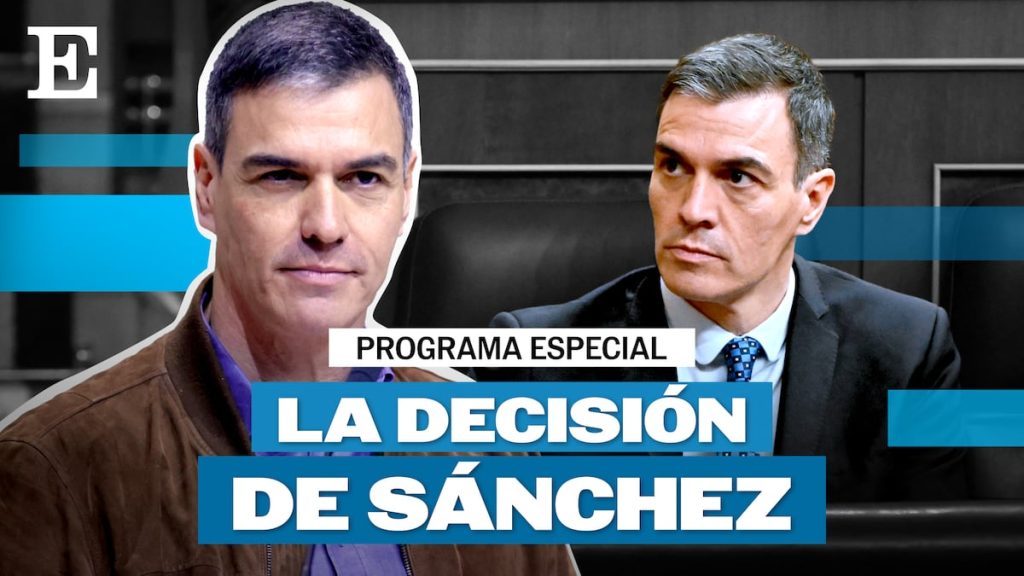After four days of reflection, Spanish Prime Minister Pedro Sánchez has announced his decision to remain in office. His decision was announced in a live program, hosted by Carlos de Vega, featuring analysis from top political correspondents from EL PAÍS, Cadena Ser, and The Huffpost. Analysts such as journalists Carlos E. Cué, Javier Casqueiro, Cristina Monge, Anabel Díez, José Marcos, political scientist Mariola Urrea, and sociologist Joan Navarro are participating in the program.
Sánchez’s announcement comes after much speculation and uncertainty surrounding his position as Prime Minister. The decision to stay on as leader of the government comes at a time when Spain is facing numerous challenges, including economic hardships, political unrest, and the ongoing COVID-19 pandemic. Many are looking to Sánchez for leadership and direction during these difficult times.
The participation of prominent analysts and experts in the live program adds depth and insight to the discussion surrounding Sánchez’s decision. Their analysis provides valuable context and perspective on the political landscape in Spain and the implications of Sánchez’s choice to remain in office. The role of political analysts and commentators is crucial in helping the public understand the complex issues facing the country.
Sánchez’s decision to stay on as Prime Minister may have far-reaching consequences for Spain’s future. As the country continues to grapple with the effects of the pandemic and economic challenges, effective leadership is more important than ever. Sánchez’s announcement has sparked debate and discussion among political commentators and the public, with opinions divided on the implications of his decision.
The live program featuring analysis from top political correspondents and experts offers a platform for in-depth discussion and debate on Sánchez’s decision and its potential impact on Spain’s political landscape. The diverse range of perspectives and insights provided by the analysts participating in the program helps to shed light on the various factors at play and the possible outcomes of Sánchez’s decision. The program serves as a valuable resource for those seeking to understand the complexities of Spanish politics.
Overall, Sánchez’s decision to remain in office has set the stage for a new chapter in Spain’s political history. The analysis and commentary provided by political experts and commentators offer valuable insights into the implications of his decision and the challenges that lie ahead for the government. As Spain faces a period of uncertainty and transition, the role of effective leadership and informed political analysis is more important than ever in guiding the country through these difficult times.















